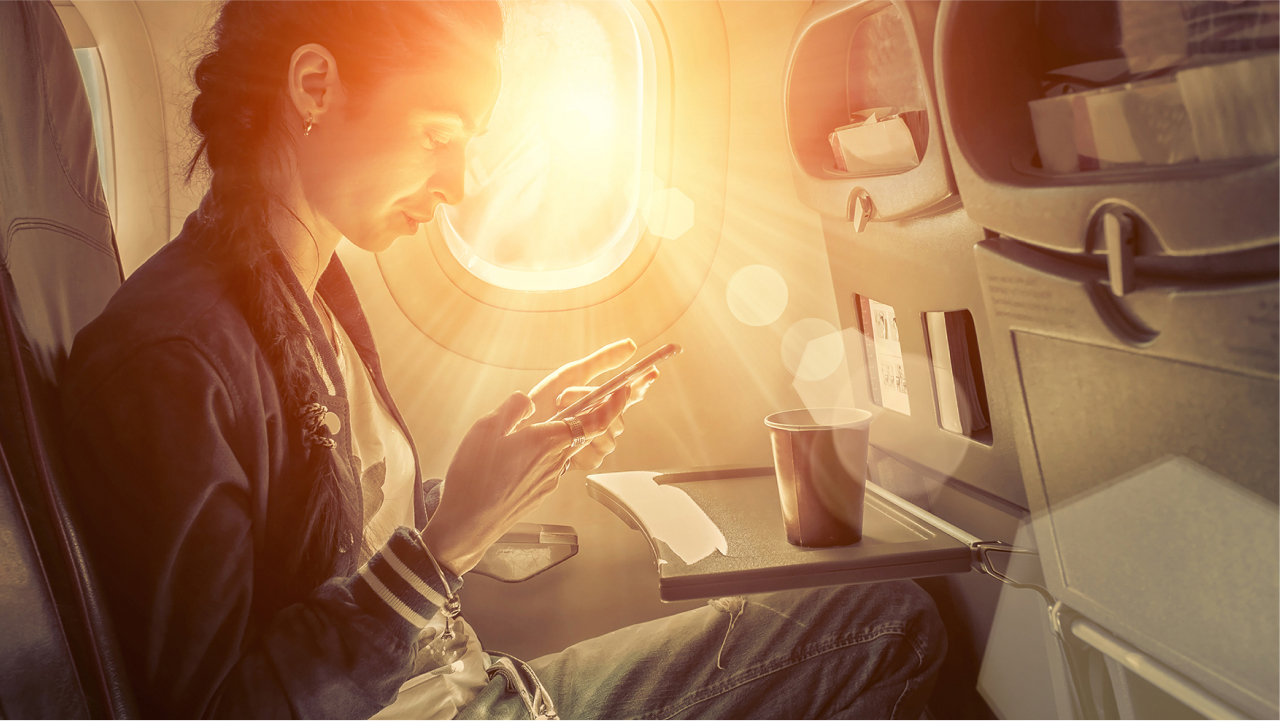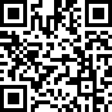Travel Safety Tips You Should Know

Our cybersecurity experts share crucial travel tips that everyone should know.

Spring is almost here, and many of us can’t wait to get out and enjoy the warmer weather in an exciting destination! But even though spring break means fun in the sun, it doesn’t mean you should let loose entirely. Unfortunately, traveling comes with an entirely new set of safety risks that are pretty different from the ones you’re used to at home. So to help you keep your accounts safe and avoid scams while vacationing, we’ve put together the most important travel safety tips that you should know before you kick back and relax with that fruity drink.
Prepare with safety in mind
Any good ex-Boy Scout knows that the key to safety is to always be prepared – and this is 100% the case when it comes to traveling. There are several important steps that you can take to protect yourself in advance when planning your vacation.
- Prepare your travel wallet. Instead of bringing all of your credit cards, debit cards, and membership cards with you abroad, choose one main credit card you know will be safe to use abroad, and potentially a backup card in case of an emergency.
- Make copies of your important documents and credit cards. Store them in a different place from the originals, and keep photos on your phone as a third backup.
- Try to make as many online payments (such as your bills, rent, etc) before you leave for your trip so that you don’t have to do so on public WiFi, which can put your online identity at risk of hacking.
Keep important documents safe
Be sure to keep your important documents, like your passport, secure and on you at all times while traveling, never leaving them unattended. It’s a great idea to keep documents separately – some in your pockets and others in your carry-on – so that if one item is lost or stolen, you won’t be missing everything. Always keep your social security card at home, as you’ll never need it while traveling. When you get to your destination, store your important documents and any valuable items in a safe along with any extra cash and credit cards. If something is lost or stolen, report it immediately. If you lose a credit card, have your bank put a stop on it. If you lose a passport, get in touch with the nearest embassy immediately.
Beware of travel scams
Scammers love to target travelers, and there’s no shortage of travel scams that have been specifically designed to take advantage of people in your very situation. Your best defense is to familiarize yourself with the most popular scams so you can identify them in action and avoid them accordingly. Some of the most common travel scams include:
- Fake listings for vacation rentals, which usually request payment in the form of a wire transfer
- Phishing sites offering free or cheap vacations in exchange for your credit card information
- Fake travel reservation websites: according to the American Hotel & Lodging Association, about 15 million online hotel reservations are made on scam sites every year!
- Service providers like taxi drivers or waiters shortchanging foreigners
- Taxi drivers taking you on a longer route to maximize the cost of your ride
- Offers of free items, tours, or attractions, which are often used to distract you from pickpockets
- Unreliable tour operators
- “Discounted” tickets sold outside of attractions
It can also help to keep in mind the following tell-tale signs of a scam. Remember, if a deal sounds too good to be true, it probably is.
- If you’re told you were “specially chosen” or selected for an “award”
- If you’re asked to disclose your social security number
- If there is a suspicious lack of concrete details about the reservation or rental
Be cautious of public WiFi networks and ATMs
When you’re traveling, do your best to avoid using public WiFi networks. If you can, try to set up a hotspot instead. And if you can’t avoid using public WiFi every so often, make sure you don’t use it to log into your bank account or pay for anything with a credit card. Both at home and abroad, it’s highly recommended to use a virtual private network (VPN) that can encrypt your data. If you’re using a laptop in public, it can be a good idea to use a privacy screen or at least keep an eye out for people looking at your screen over your shoulder. Similarly, be cautious of using ATMs in dodgy areas. Thieves can set up skimmers over the card slots to steal credit card information. Whenever possible, try sticking to ATMs inside branches of a well-known bank, which are less likely to be targeted for fraud.
Be careful what you share
With social media, we’re all quite used to sharing information and photos with our social networks. But posting travel photos (especially with geotags) gives people access to your location, making it easier for thieves to track where you are and potentially take advantage of you. So, as hard as it might be, do your best to wait to share your photos, videos, and stories until after you get home from your trip.
Monitor accounts and reports
Even if you get home without any obvious instances of fraud or scams, it’s still important to keep an eye on your bank accounts and credit reports to detect any suspicious activity. Only after a few weeks of checking for signs of fraud and coming up clean can you be certain that there wasn’t any kind of security breach. Unfortunately, many people skip this step because they find it difficult: 53 percent of people say monitoring financial transactions is challenging. That’s why it’s a great idea to use a service like Cyrus, a security application made to protect your devices and accounts from fraud. In addition to helping you monitor your credit score, Cyrus also offers password protection and sends you alerts sent in the event of unusual transactions or data breaches – an invaluable tool for keeping you safe both while traveling and when you get back home!



